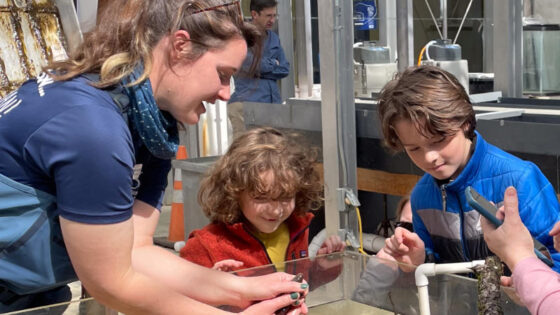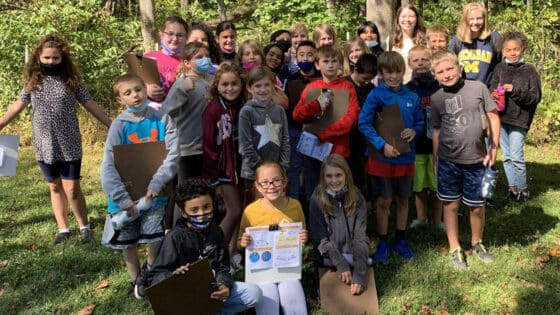
Stroud Water Research Center’s Education Department recently completed a review of watershed education programming for the National Park Service (NPS) National Capital Region Network. The Stroud Center education team’s recommendations will inform the future of watershed education programming in the parks.
Stroud Center educators conducted interviews with park rangers, local teachers, and school administrators to understand the needs, challenges, and opportunities facing watershed education programming in the greater Washington, D.C., area.
New Resources and Curriculum Updates
Visits to the national parks yielded interesting insights, from new resources in the parks that could be used in watershed education programming to curriculum updates that park rangers discussed during interviews.
Parks are getting creative. They are having students perform chemistry tests on water from the Potomac River, the tidal basin, and fountains on the National Mall and try to discern which is which.
Rangers are highlighting the strengths of the parks where they work. At Kenilworth Park & Aquatic Gardens, they have developed interactive programming with students to follow the life cycle of a water lily from seed to flower.
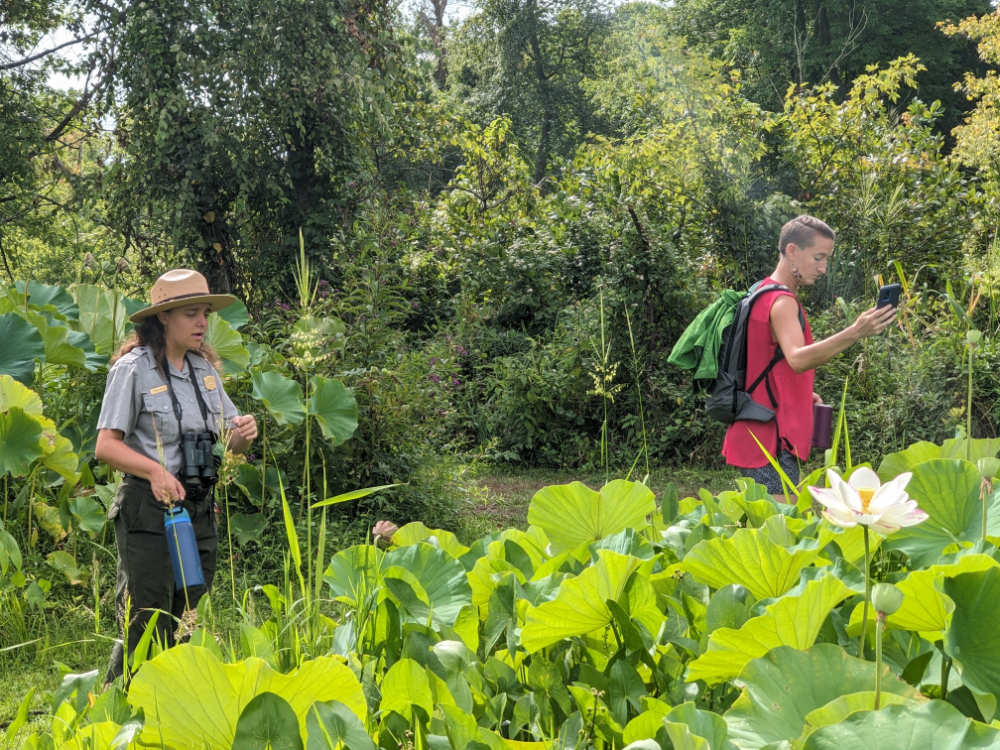
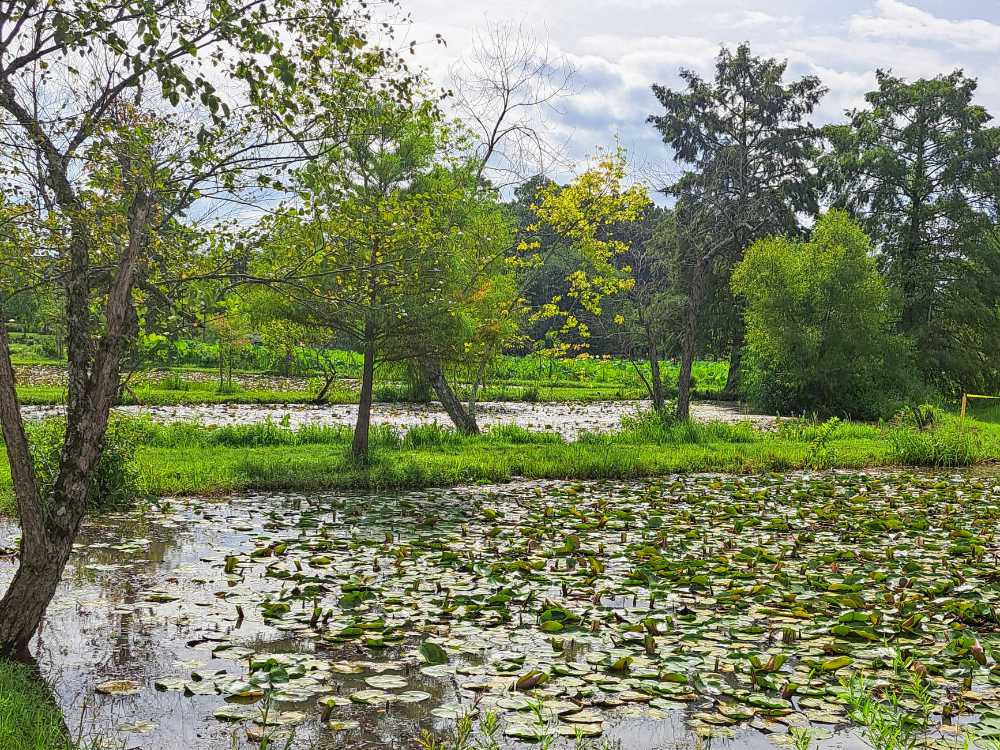
All NPS staff interviewed, however, agreed they would like help developing more watershed curricula.
“We do adapt, but one thing we desperately need is to update the program … And I am not a curriculum designer,” said one park ranger, who explained that the current curricula were developed two or three decades ago.
Parks are partnering with local environmental education providers, helping them to expand their program offerings and increase their knowledge. Partnerships offer a great opportunity to engage locally and find content-specific support for curriculum design and delivery.
Retired teachers in Maryland help deliver watershed education programs at the Great Falls Tavern, a park along the Chesapeake and Ohio Canal. This community-building effort benefits students in this 185-mile-long park, which otherwise presents challenges for park education staff to cover.
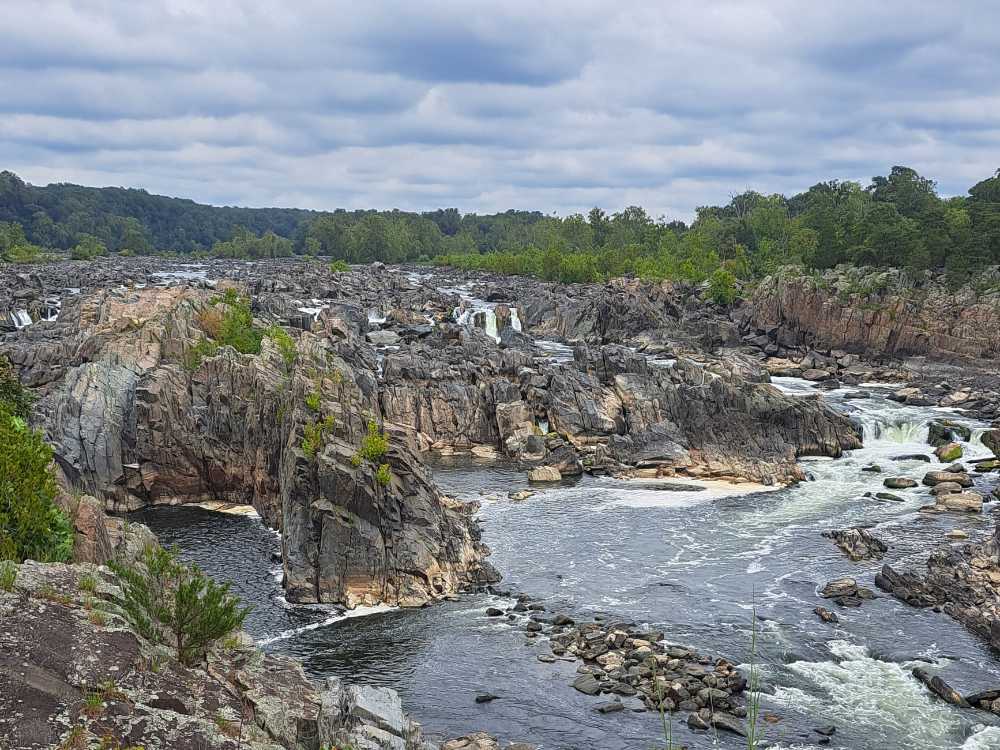
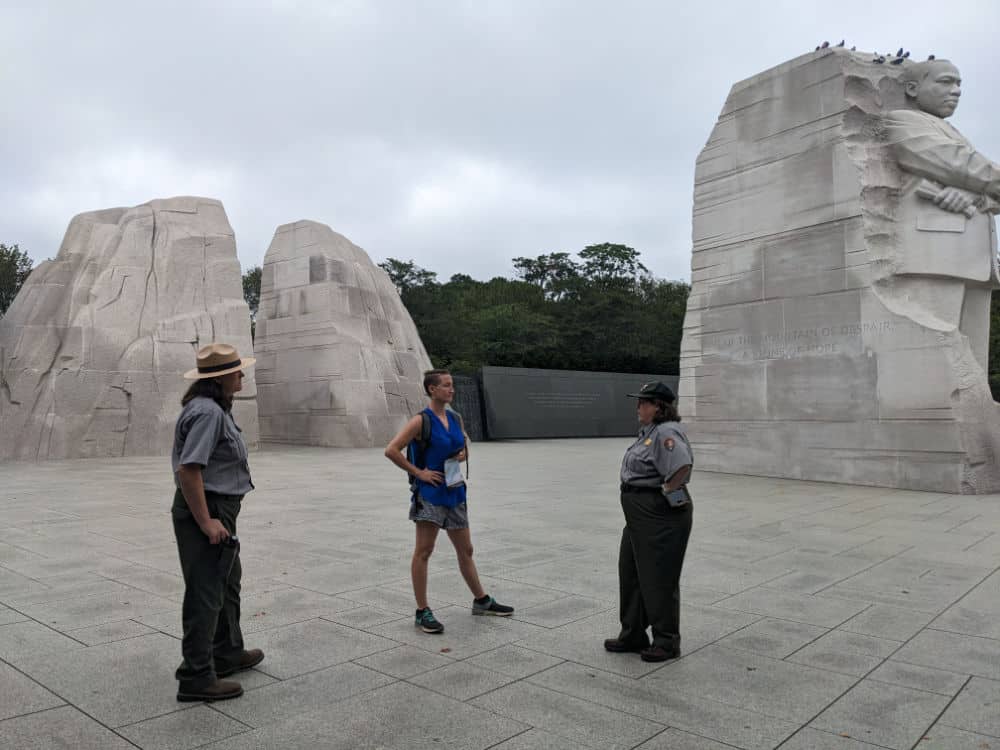
Recommendations for Program Growth
The Stroud Center’s Education Department regularly participates in education research, engaging with and creating publications for environmental educators to read about best practices. Stroud Center educators made recommendations for program growth this spring and met with NPS leadership this summer. New programming will go into effect in 2025.

